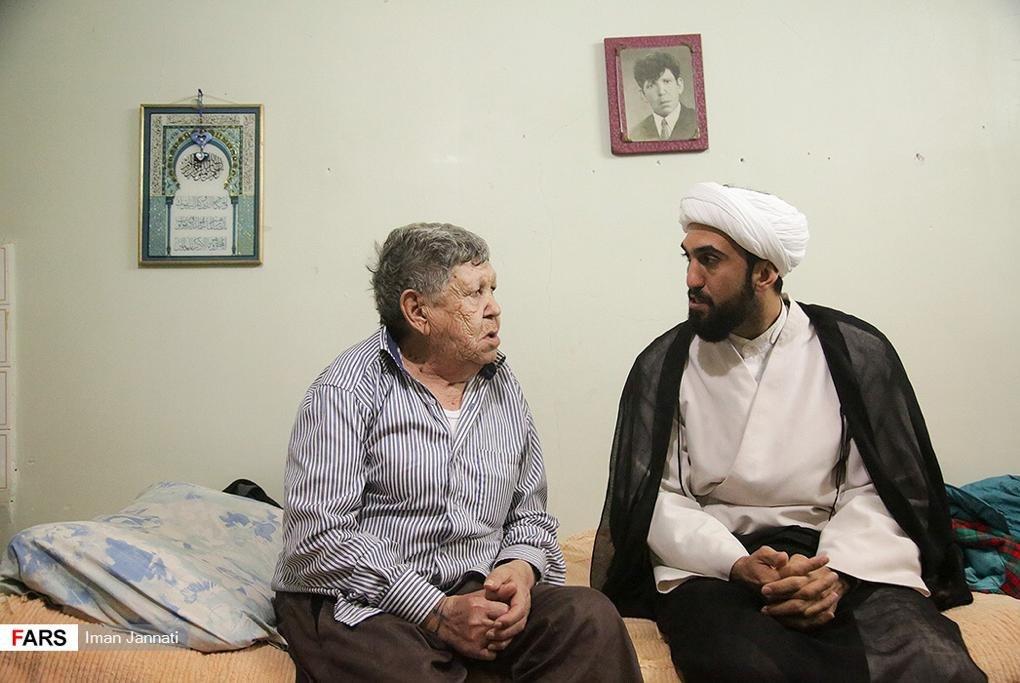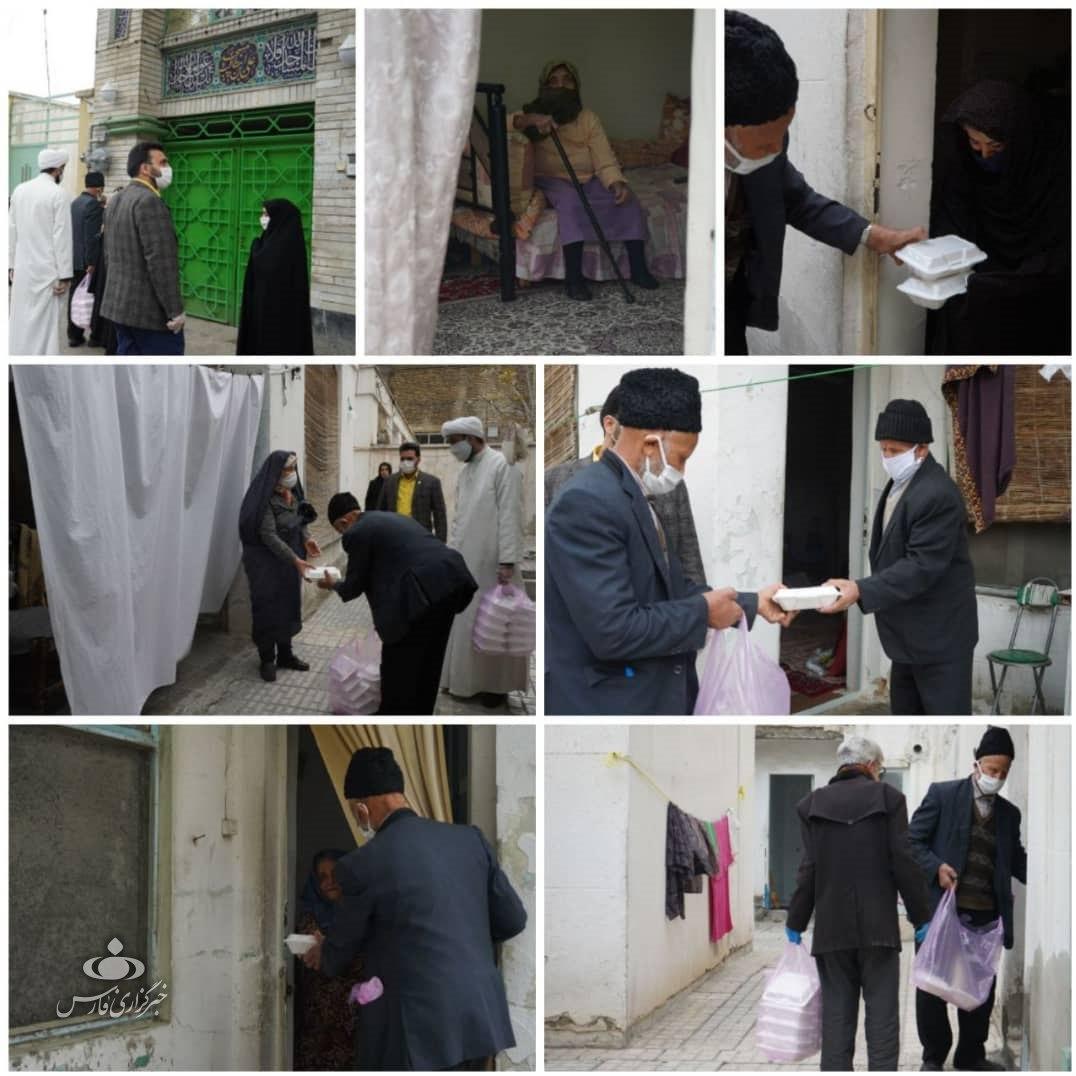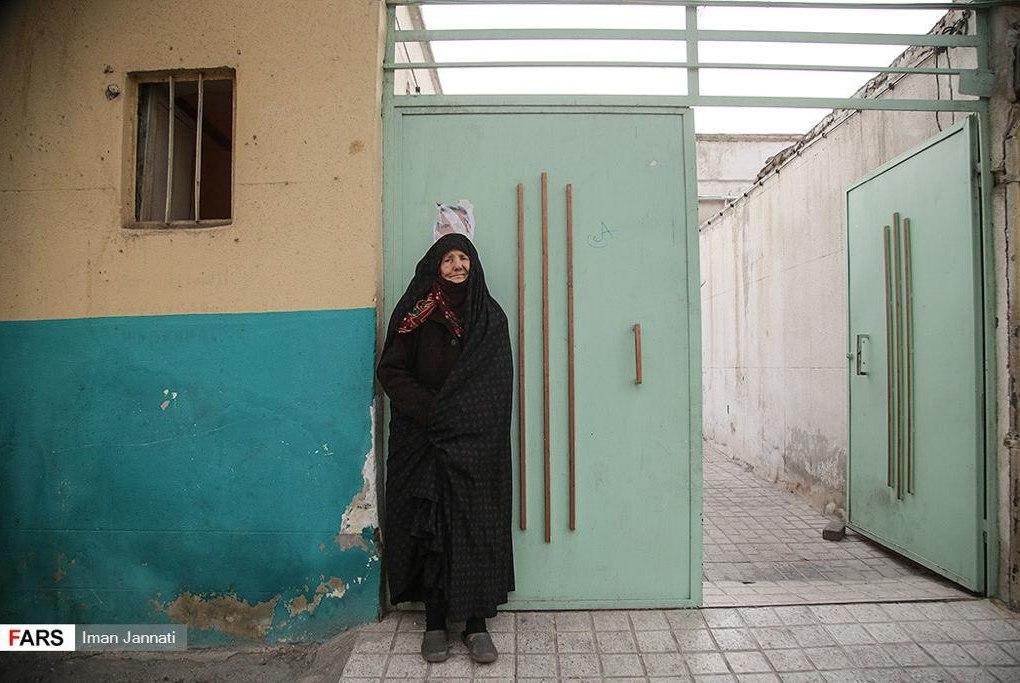When the medicine science still had not found a treatment for the bacterium causing leprosy, lepers came to Mashhad, hoping they could be cured via divine healing at the holy shrine of Imam Reza. Accordingly, they settled down and stayed in the holy city in northeastern Iran. Afterwards, a definitive cure was found for leprosy. Medications were sent to Iran, and the advancement of the disease stopped when patients began to take the drugs. Nevertheless, the word “lepers” became a stigma attached to their names and they were ostracized and remained isolated forever.
Pressured by grief and agony, lepers in Mashhad spent their youth and became old. Now, at a time of sorrow and regret, a young clergyman emerges to help. Hojjatoleslam Sadeq Abbasi stood by the lepers and did not forget them despite all problems amid the coronavirus crisis.
Lepers Defeat COVID-19
“We are going to have a get-together tonight at the home of one of the lepers who has just recovered from coronavirus and has passed his quarantine period. It was a divine miracle that he stayed alive; we had no hope that he would survive because he was old and suffering from a collection of underlying health conditions,” said the clergy in a phone interview with Fars News Agency.
Coronavirus Pandemic More of A Joke to Lepers
“Now is not the right time to tell you how things turned out that I found myself in the lepers’ neighbourhood. Just know that after coronavirus broke out, the lepers became lonelier than before. The lepers knew nothing of coronavirus. In this neighbourhood live around 100 families all of whom are healthy. All they own is a meagre room with fading paint. They either don’t have a TV or have a small one. Not knowing about global developments as well as events taking place around them, they spend weeks and months,” says the clergyman.
“When they heard a disease had emerged whose patients had a condition similar to what they were suffering years ago, i.e., everybody stayed away from those contracting the disease, the bitter memories of all those years were rekindled for them. Coronavirus was more of a joke to the lepers. They were indifferent toward coronavirus and didn’t take it seriously. However, old age, underlying health conditions and frail health increased the possibility of the lepers contracting COVID-19 and, accordingly, made it all the more important to look after them,” said the clergyman.
Fighting Coronavirus in Lepers’ Neighbourhood
Abbasi speaks of the ambience in the streets in lepers’ neighbourhood amid the coronavirus pandemic.
“Groups fighting coronavirus were not paying attention to the lepers. I have lived with the lepers for two years now. When coronavirus broke out, I myself went into action. I had consultations with the Municipality and the office charged with handling the affairs of the Imam Reza shrine. We provided masks and disinfectants for them. We distributed among them packages containing basic goods. We also gave them warm food. In a nutshell, we made whatever we could to keep them from leaving home,” he says.
“We went door-to-door and talked to them about this virus and its dangers. We asked mosque-goers for help. We disinfected the homes of those who I had tried, for two years, to make them understand leprosy is neither contagious nor dangerous. We disinfected their houses to keep coronavirus from spreading among the lepers, so that their situation won’t get any worse than what it is now. We continue to support them,” he says.



